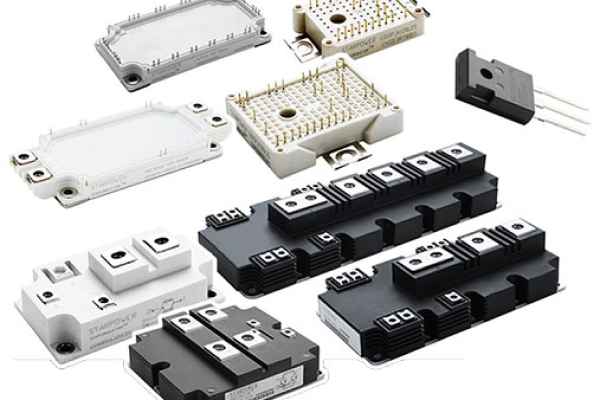
IGBT modules are at the forefront of modern power electronics, providing a crucial link between high-voltage circuits and their control systems. These modules, short for Insulated Gate Bipolar Transistors, play a vital role in converting electric power efficiently across a wide range of applications, from renewable energy systems to industrial machinery. With their ability to handle high voltages and currents while offering precise control over switching operations, IGBT modules have become indispensable components in today’s advanced electronic devices and power converters.
Benefits of IGBT Modules
IGBT modules offer enhanced performance compared to traditional power transistors, thanks to their high current-carrying capacity and low on-state voltage drop. This allows for efficient power conversion in various applications such as motor drives and renewable energy systems.
Another key benefit of IGBT modules is their ability to switch between on and off states quickly, enabling precise control over power flow and reducing energy losses. This feature makes them ideal for use in high-frequency switching circuits where speed and accuracy are crucial.
Moreover, IGBT modules are known for their robustness and reliability, with a long lifespan even under demanding operating conditions. This durability translates to reduced maintenance costs and increased operational efficiency for industrial and commercial equipment utilizing these modules.
Applications of IGBT Modules
IGBT modules find extensive use in various industrial applications such as renewable energy systems, electric vehicles, and industrial motor drives. Their capability to handle high power levels efficiently makes them a preferred choice in these sectors.
In renewable energy applications, IGBT modules play a crucial role in converting DC power from solar panels or wind turbines into AC power suitable for grid connection. Their high switching frequency and low energy loss characteristics contribute to the overall efficiency of the power conversion process.
IGBT Module
Moreover, in electric vehicles, IGBT modules are utilized in the motor drive systems to control the speed and torque of the electric motors. This enables smooth acceleration and regenerative braking, enhancing the overall performance and energy efficiency of the vehicle.
Operating Principles
In the world of power electronics, IGBT modules are essential components for controlling electrical power. These modules combine the high-speed switching capability of MOSFETs with the high-current handling capacity of bipolar transistors, resulting in efficient and reliable power control solutions.
The core operating principle of an IGBT module lies in its ability to regulate the flow of electrical current by turning on and off at rapid speeds. By controlling the switching behavior of the IGBT, the module can manage the power flow in a circuit, enabling precise control over voltage and current levels.
Through the process of pulse-width modulation (PWM), IGBT modules can adjust the output power by varying the duty cycle of the switching signals. This technique allows for smooth and accurate control of power delivery, making IGBT modules an indispensable technology in applications such as motor drives, renewable energy systems, and industrial automation.
